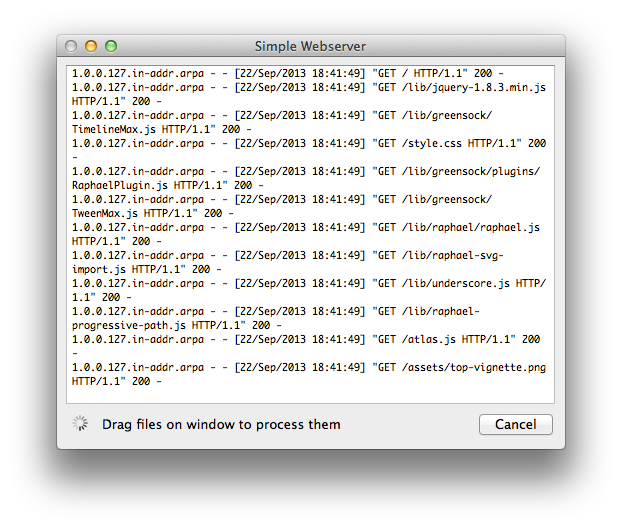Winport Casino AU has been gaining attention from Australian players for its generous promotions, broad game selection and straightforward user interface. This review explores key aspects such as welcome bonuses, game variety, security measures, payment options and customer support so you can decide whether it fits your play style and expectations.
In the second paragraph we include a direct link to the operator’s site for convenience, so you can explore current offers and terms at winportcasino-au.com before committing funds. The remainder of this article breaks down the main features, practical tips for responsible play and how to get the most value from the casino.
Bonuses, Promotions and Wagering
Winport Casino AU promotes a competitive welcome package and recurring promotions for returning players. Typical offers include deposit matches, free spins and occasional cashback deals. Always read the terms: wagering requirements, game weightings and maximum bet caps will influence how quickly you can convert bonus funds to withdrawable balance.
Common bonus conditions
Wagering requirements commonly range from 20x to 50x the bonus amount.
Many table games and live dealer content contribute less or are excluded.
Free spins often apply to specific slot titles and expire after a limited time.
Minimum deposit values and country restrictions may apply.
Game Library and Software Providers
The platform aggregates titles from multiple reputable providers to deliver a diverse portfolio. Expect to find popular slot series, progressive jackpots, classic table games and a live casino lobby staffed by professional dealers. Filters and search functions help narrow choices by provider, volatility and RTP.
Security, Licensing and Fair Play
Reliable casinos operate under recognized licences and deploy modern encryption standards to protect player data and transactions. Winport Casino AU lists its licensing information and uses SSL encryption across financial pages. Third-party auditors and RNG certification are good signs of fair play; check the casino footer or help pages for reports from testing agencies.
Banking Options and Withdrawal Policy
Payment methods typically include credit and debit cards, e-wallets, bank transfers and sometimes cryptocurrency. Processing times vary:
Method
Deposit Speed
Withdrawal Time
Credit/Debit Card
Instant
1–5 business days
E-wallets
Instant
Within 24 hours
Bank Transfer
1–3 business days
3–7 business days
Note that identity verification is a standard requirement before large withdrawals. Prepare ID documents early to avoid delays.
Mobile Experience and App Availability
Mobile-optimized websites allow play via browser on smartphones and tablets without sacrificing functionality. Some casinos also offer native apps for iOS and Android to streamline access. Performance will depend on device age, network and browser.
Tips for smoother mobile play
Keep your browser up to date and clear cache periodically.
Use Wi‑Fi for large downloads and stable live dealer sessions.
Enable biometric security if the platform supports it for quicker logins.
Customer Support and Responsible Gaming
Efficient support channels — live chat, email and comprehensive FAQs — are essential. Responsible gaming tools like deposit limits, self-exclusion and reality checks should be easily accessible from account settings. If you face issues, document communications and escalate through available channels.
Conclusion: Is Winport Casino AU Right for You?
Winport Casino AU presents a compelling option for Australian players looking for variety and promotions. Evaluate the terms attached to bonuses, confirm that your preferred payment methods and games are supported, and make use of security and responsible gaming tools. Always play within your budget and view bonuses as added entertainment rather than guaranteed profit.



